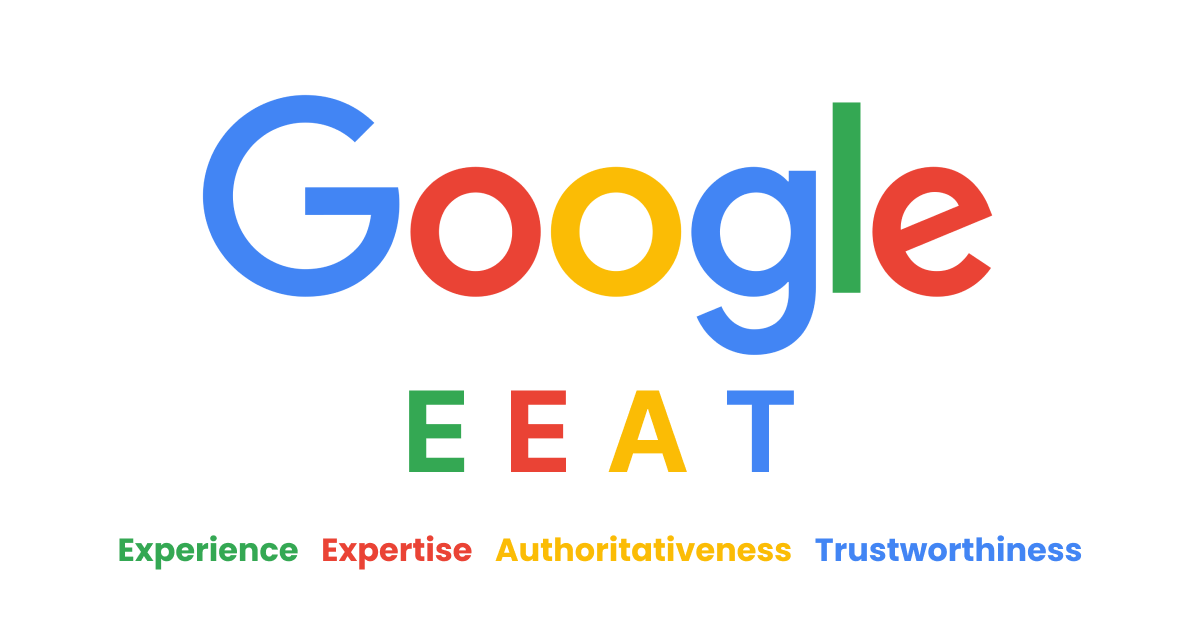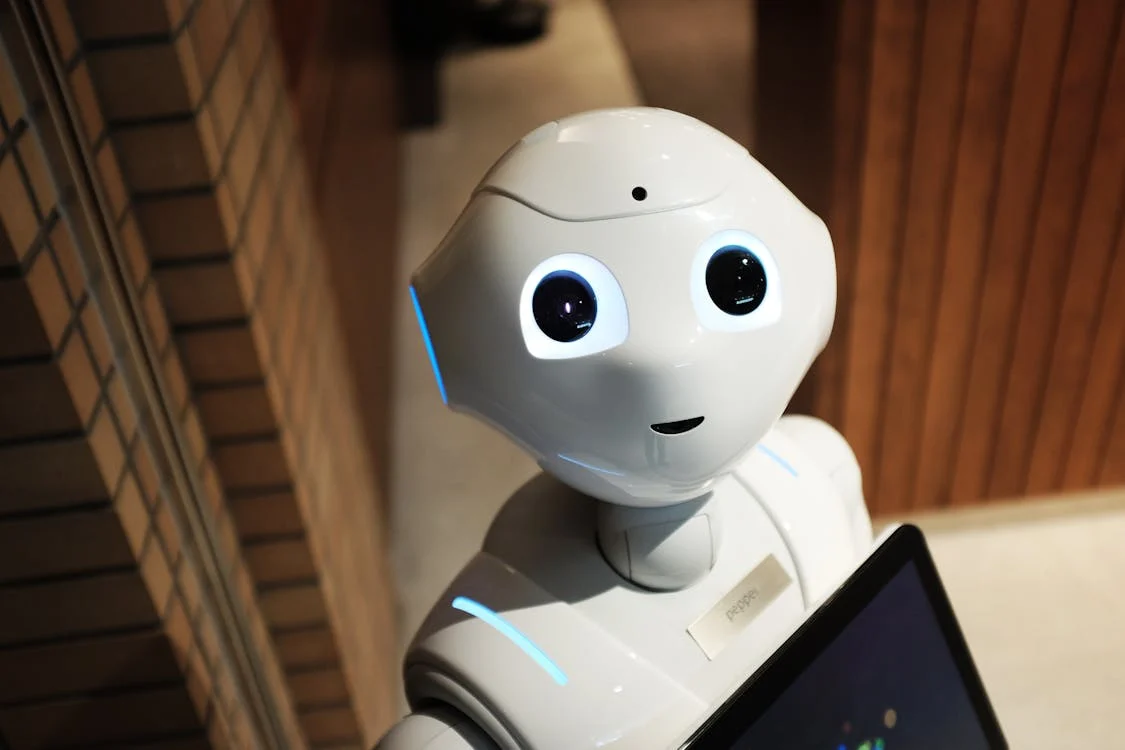📧 mithvin@gmail.com
📞+91 900 608 4701


The essence of content writing is doing research that gives you an idea close to real-life experience on topics.
In a world where AI is taking over a lot of professions and evolving rapidly, content writing is also not far from it.
You must have heard of Google E-E-A-T, which keeps a tab on your content’s quality and performance.
Now, some concerns related to AI content vs EEAT also arise as both clash at some point in a search engine.
Here in this article, you get a detailed analysis and information on AI content vs Google’s E-E-A-T content quality rater; keep reading.

AI has revolutionized content writing in recent years, making it much easier to produce content on a large scale.
AI is now capable of not only mimicking human content writing but also having conversations, doing physical tasks, and much more.
However, lacking some crucial elements like instructiveness, creativity, and originality makes its content writing less worthy.
There are certain benefits of doing content writing with AI, but it also has several demerits; let’s get into them:
EEAT is an acronym for a crucial component of Google’s Search Quality Rater Guidelines.
EEAT is the short form for
It’s not just one of the crucial SEO ranking factors for Google’s search engine algorithm; it assesses the quality and expertise of content creators.
The first ‘E’ (Experience) in the whole Google’s E-E-A-T content quality rater has been added recently, which denotes that Google values first-hand experience in content writing that is being published.
As mentioned earlier, Google tends to prefer websites and authors who show experience in the particular topics.
The second ‘E’ (Expertise) in the EEAT component means that your content should show expertise in the subject you are writing.
It includes showcasing your knowledge and qualifications in the field you are writing about.
You can convey that by doing deep research using reputable sources and writing comprehensive content.
The authoritativeness part means that your website must have good credibility or perceived authority.
Using backlinks from reputable sites and having mentions in renowned publications can cater to your authoritativeness.
The last part of Google’s EEAT is probably the most crucial part, as it determines whether your website should be trusted by readers or not.
If your website has low trust, your EEAT will be low no matter how much experience, expertise, or authority you have.
Make sure you are publishing high-quality, informative, and relevant content to boost your trustworthiness.
Additionally, when comparing AI vs human content, human-written content will always have the upper hand over AI-written content in gaining the trust of your audience, as it interacts with your audience on a personal level.
There will always be a clash on AI Content vs EEAT, as AI provides ease and convenience in content writing, which people like.
However, due to lack of originality and creativity, along with many factors, AI content is not a wise choice for any business in the long term.
In that case, you can get help from Mithvin a professional article writing company to hand over your content writing burdens.
It would be the best choice to grow your business or brand over time while practicing Google’s EEAT quality rater.
Do you have any question?
Talk to Specialist.